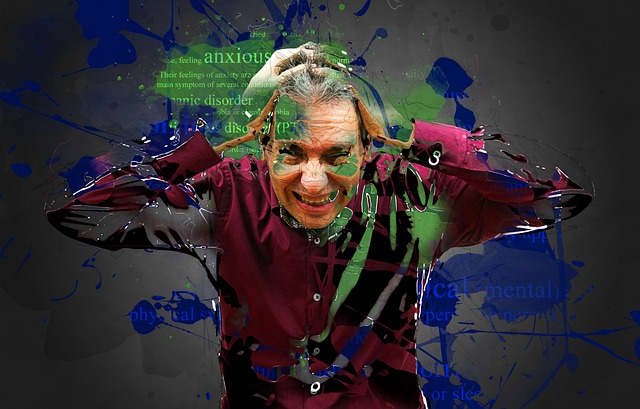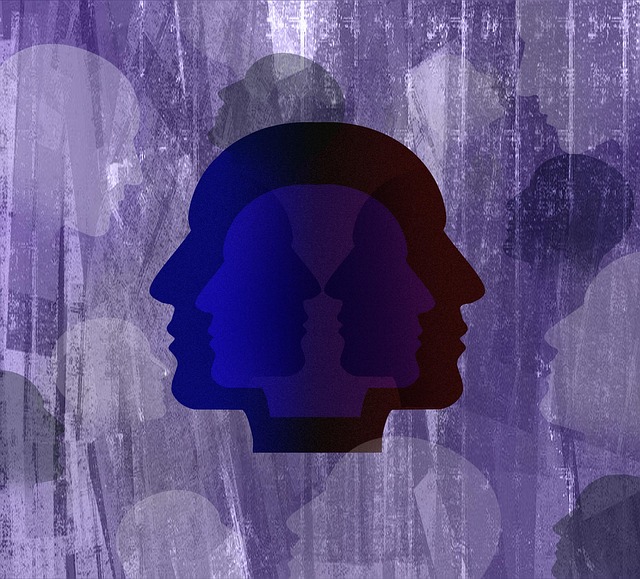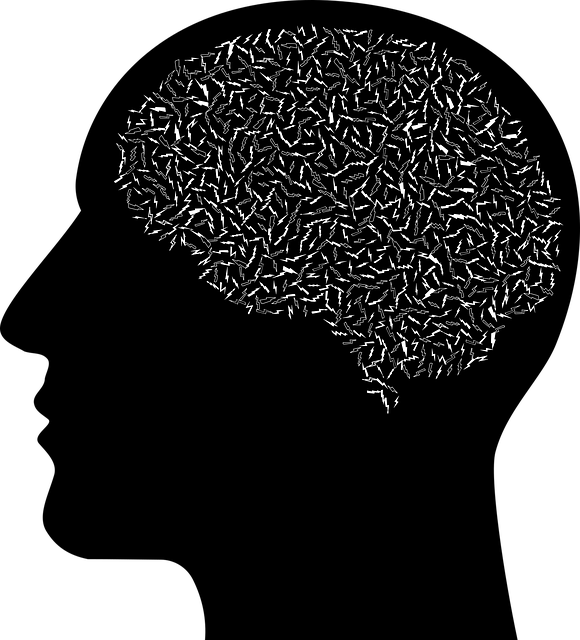Social Skills Training (SST), with a focus on Greenwood Village Exposure and Response Prevention (ERP) Therapy, is an effective way to manage anxiety disorders and improve mental health. This evidence-based approach combines exposure therapy with response prevention, gradually exposing individuals to social situations to reduce anxiety. By incorporating cultural sensitivity and community programs, SST becomes more inclusive. Public awareness and healthcare training increase access to specialized therapies like ERP, empowering people to engage in social interactions, practice self-care, and develop adaptive coping strategies for improved emotional well-being and stronger social connections.
Social skills training is a powerful tool for individuals managing mental health conditions. This comprehensive guide explores effective strategies, focusing on Greenwood Village’s Exposure and Response Prevention (ERP) Therapy as a pioneering approach. We’ll delve into common social challenges, therapeutic techniques, and practical integration tips. By understanding these methods, you can enhance your daily interactions and overall well-being. Discover how targeted training can empower individuals to navigate social situations with confidence and resilience, utilizing techniques like those offered by Greenwood Village ERP Therapy.
- Understanding Social Skills Training for Mental Health Conditions
- Greenwood Village Exposure and Response Prevention Therapy: An Overview
- Identifying Common Challenges in Social Interactions
- Strategies for Enhancing Social Skills Through Therapy
- Integrating Social Skills Training into Daily Life
Understanding Social Skills Training for Mental Health Conditions

Social Skills Training (SST) is a crucial component of mental health treatment, designed to help individuals navigate social interactions with confidence and ease. This therapeutic approach focuses on teaching practical skills to manage anxiety, improve communication, and foster meaningful connections. For conditions like social anxiety disorder or autism spectrum disorder, where social cues and relationships can be challenging, SST offers a game-changer strategy.
Greenwood Village Exposure and Response Prevention Therapy (ERP) is one such evidence-based method that combines exposure therapy with response prevention techniques. This approach gradually exposes individuals to feared social situations, allowing them to learn new responses and reduce anxiety over time. By incorporating cultural sensitivity in mental healthcare practice, SST becomes more inclusive and effective, considering the diverse needs of various communities. Additionally, community outreach program implementation can enhance access to these training programs, promoting emotional well-being through peer support and shared experiences.
Greenwood Village Exposure and Response Prevention Therapy: An Overview

Greenwood Village Exposure and Response Prevention (ERT) Therapy is a highly effective evidence-based approach designed to help individuals manage anxiety disorders and related mental health conditions. This innovative therapy, developed in Greenwood Village, focuses on exposing clients to feared situations or objects in a controlled environment, then guiding them through the process of responding without avoidance or safety behaviors.
By combining exposure therapy with response prevention, ERT empowers individuals to confront their fears and learn new coping strategies. The therapeutic process is tailored to each person’s unique needs, taking into account their personal history, cultural background, and specific anxieties. This personalized approach ensures that the treatment is not only effective but also culturally competent, addressing the diverse nature of mental health concerns within different communities. Public awareness campaigns and healthcare provider cultural competency training can further enhance access to this specialized therapy, making it more accessible for those who need it most.
Identifying Common Challenges in Social Interactions

Many individuals with mental health conditions face challenges when it comes to social interactions, which can significantly impact their daily lives. Common difficulties may include anxiety in social settings, difficulty initiating or maintaining conversations, and a fear of being judged by others. These issues often stem from underlying conditions such as social anxiety disorder, depression, or post-traumatic stress disorder (PTSD). For instance, someone with PTSD might struggle to engage in casual conversations due to flashbacks or heightened arousal triggered by social cues.
In Greenwood Village, Exposure and Response Prevention Therapy (ERP) has emerged as an effective approach to tackling these challenges. ERP involves gradual exposure to feared social situations and learning new responses to reduce anxiety and improve emotional regulation. By combining this therapy with teaching essential communication strategies and stress management techniques, individuals can gain the confidence to engage in meaningful social interactions. This comprehensive approach not only empowers individuals but also fosters a sense of belonging and connection within their communities.
Strategies for Enhancing Social Skills Through Therapy

Social skills training is a crucial component of holistic mental health care. For individuals dealing with conditions like anxiety or depression, interacting with others can often feel overwhelming and daunting. Therapy plays a pivotal role in enhancing social skills by providing safe, controlled environments where individuals can practice and develop these skills. One effective approach is Exposure and Response Prevention (ERP) therapy, offered in places like Greenwood Village, which helps patients confront and manage their fears in gradual steps. This process not only reduces avoidance behaviors but also fosters meaningful connections.
In addition to ERP, therapists can incorporate self-care practices tailored to each individual’s needs. Promoting healthy habits such as regular exercise, mindfulness techniques, and adequate sleep can significantly improve an individual’s overall well-being, making them more equipped to engage socially. Burnout prevention is another critical aspect; teaching individuals to set boundaries and manage stress effectively ensures they remain engaged in social interactions without feeling overwhelmed. Public awareness campaigns development around mental health can also encourage open conversations, reducing stigma and fostering a supportive environment for those seeking to enhance their social skills.
Integrating Social Skills Training into Daily Life

Integrating Social Skills Training into daily life involves practical application and consistent practice. For individuals navigating mental health conditions, this means adopting strategies that foster meaningful connections and improve social interactions. Techniques like those employed in Greenwood Village Exposure and Response Prevention Therapy (ERP) can be adapted for everyday use. ERP, a form of cognitive-behavioral therapy, focuses on challenging negative thoughts and behaviors through gradual exposure to feared situations, teaching individuals how to respond adaptively.
Complementing ERP with mindfulness meditation and compassion cultivation practices enhances the benefits. Mindfulness helps individuals stay present during social exchanges, while compassion cultivation fosters understanding and empathy in interpersonal relationships. Even a Mental Wellness Podcast Series Production can serve as a platform for sharing experiences, tips, and insights related to social skills development. By integrating these techniques seamlessly into daily routines, individuals can build confidence, strengthen social bonds, and enhance their overall mental wellness.
Social skills training, such as Greenwood Village Exposure and Response Prevention Therapy, plays a pivotal role in managing mental health conditions by equipping individuals with the tools to navigate social interactions successfully. By addressing common challenges and employing evidence-based strategies, therapy helps foster meaningful connections and enhances overall well-being. Integrating these skills into daily life enables individuals to thrive socially, contributing to improved mental health outcomes.












